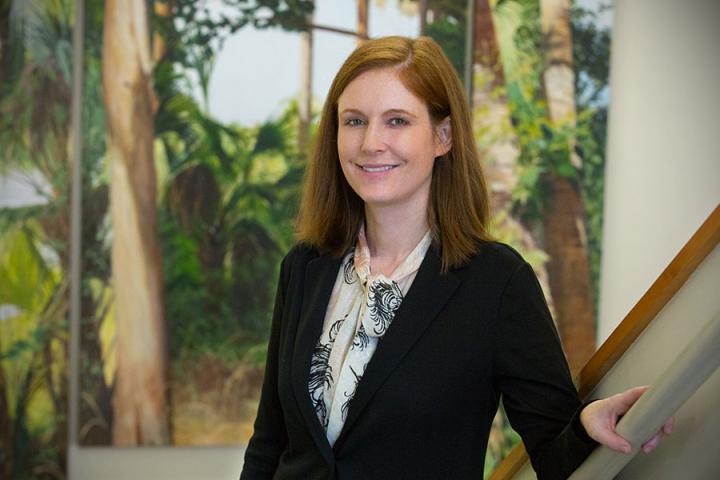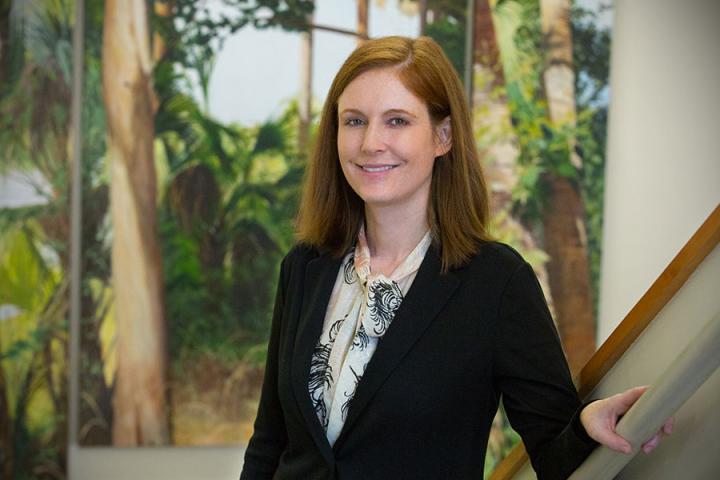
Credit: FSU Photo/Bill Lax
Does going to church help people avoid struggles with opioid abuse? New research from Florida State University says no.
In a new study published in the Journal for the Scientific Study of Religion, a team of researchers led by FSU Associate Professor Amy Burdette examined the correlation ¬– or lack thereof — between drug use and church attendance for women who are mothers. Researchers found while religious involvement could affect a person's decision to use illegal drugs, it had no signifcant effect on women's misuse of prescription drugs, including prescription opioids.
"Religious involvement matters for illegal drug use because religious communities directly condemn this behavior," Burdette said. "However, religious communities are just beginning to discuss the dangers of prescription drug abuse."
Specifically, researchers found the probability of engaging in any illicit drug use was significantly lower among women who attended church at least once a week compared to those who reported attending services a couple of times a year or less. This was also true for marijuana use.
Burdette's study used data from the Fragile Families and Child Wellbeing Study, a survey of nearly 5,000 children born between 1998 and 2000 and mostly to unmarried parents. The study consisted of interviews with mothers and fathers at the time of their child's birth and again when children were ages 1, 3, 5, 9 and 15 years old. Burdette and her team examined the population of mothers who were primarily single and of low socioeconomic status.
Burdette noted that the relationship between parental substance abuse and adverse child outcomes is well established.
"Our findings regarding the effects of religious involvement on substance abuse have implications for health and well-being across generations," she said.
It is estimated that prescription opioid misuse costs the United States more than $55 billion in expenditures related to health care, lost productivity and criminal justice, according to a recent report from the Analysis Group, a financial and strategy consulting firm.
Overall, rates of substance abuse in the study sample were low.
"That's a bit of good news," Burdette said. "Whether you're talking about prescription drug misuse or illegal substance abuse, it's somewhat rare in our sample — it's not that most mothers are doing this."
The study found about 5 percent of women reported misusing prescription drugs, with nearly 3 percent of those misusing prescription pain relievers.
"Our research suggests that church leaders may want to directly address the issue of prescription drug misuse as churchgoers may not view prescription drugs in the same way that they view illegal drugs, Burdette said. "Not directly addressing the issue may lead to a high degree of moral ambiguity."
###
Media Contact
Kara Irby
[email protected]
850-644-0277
@floridastate
http://www.fsu.edu
Original Source
https://news.fsu.edu/news/education-society/2018/06/19/fsu-study-finds-religious-involvement-does-little-to-prevent-opioid-abuse/ http://dx.doi.org/10.1111/jssr.12501





